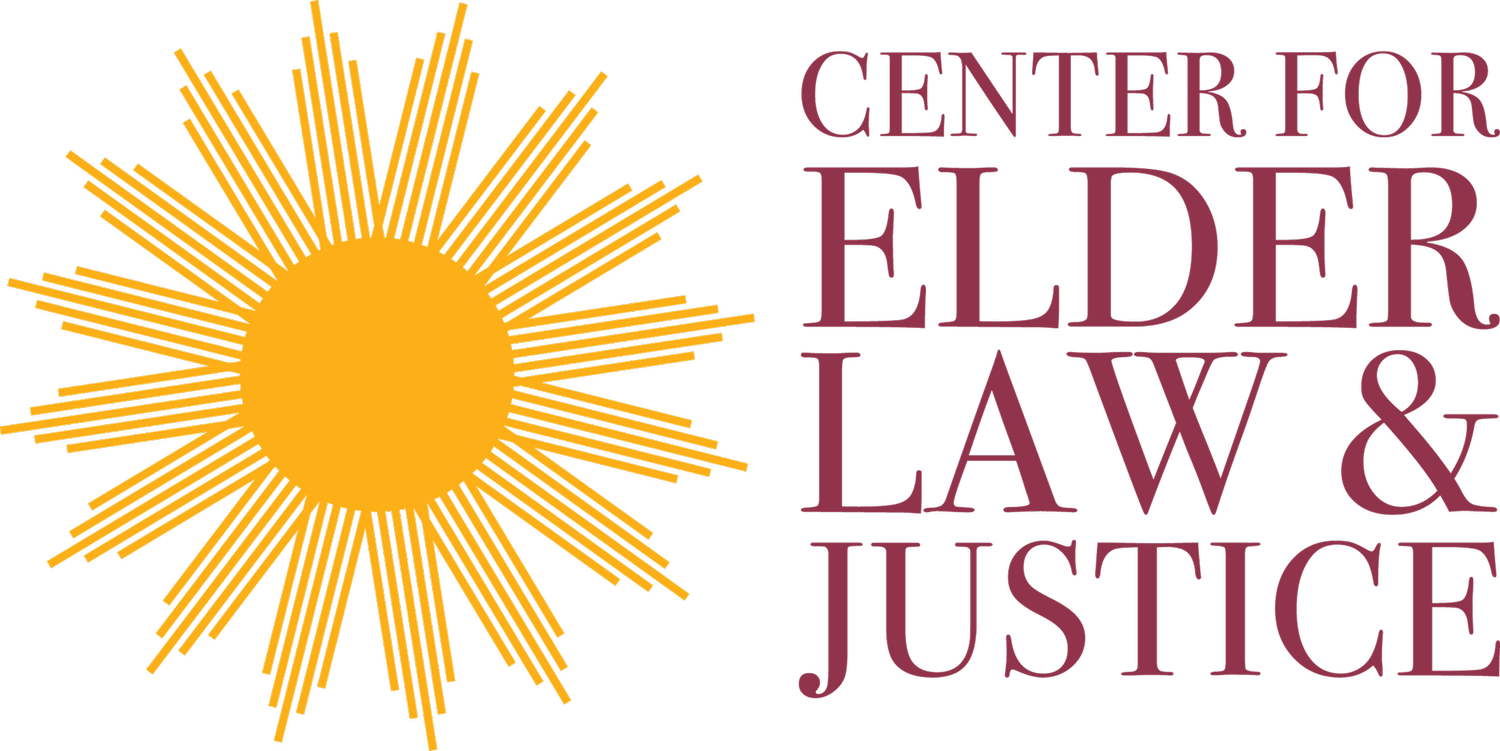Deeds 101: Basic Information
Who owns my house, and what happens to it when I pass away?
What does the deed to my house really say about who owns it?
We often see cases where parents deed their homes to their children. Once a deed is properly executed, it can be very difficult to “undo” that transfer without the consent of all of the grantors and all of the grantees, and in some cases it is impossible. Do not assume that you can take back ownership of your property once you transfer it, even if you retain a life use. You should always consult an attorney prior to initiating any deed transfer.
Deeds
When we talk about deeds, most people are referring to the deed to their home. The deed is a legal document that serves to transfer ownership of a parcel of real property from the “grantor(s)” to the “grantee(s).” More than one person can own the same parcel of land at the same time; we generally refer to this as “joint ownership.” There are multiple ways for a deed to be titled:
Joint Tenants with Right of Survivorship (JTWROS)
Two or more “joint owners,” where each owner’s share in the property is equally divided (two joint owners would each own one-half, three joint owners would each own one-third, and so on). Each owner’s share in the property lapses upon their death and their share gets redistributed among the remaining joint owner(s).
Tenants in Common
Two or more “joint owners,” where the owner’s share in the property does not lapse upon their death; their share becomes part of their estate, and distributed either in accordance with the terms of their Last Will & Testament, or, should they pass intestate, to their distributees.
Tenants by the Entirety
Tenants by the entirety is a type of joint ownership meant specifically for married couples. Rather than JTWROS, where two joint owners would each own 50% of the property, with tenants by the entirety, each half of the married couple owns 100% of the property. This would prevent one spouse from selling their half of their ownership interest without the other spouse’s knowledge and consent. When one spouse passes away, the other spouse automatically retains 100% ownership of the property.
Deed Transfer with Retained Life Estate
A type of deed where the grantor retains “life use” of their property, and deeds the “future interest” of the property to the grantees or “remaindermen.” This is usually done as an estate planning measure in an attempt to avoid probate, because the property passes directly to the remaindermen as named in the deed.
This type of deed can be undone without the consent of the remaindermen, but only in certain instances when specific language is included in the deed; if you are considering executing a life estate deed, you should only do so under the guidance of an attorney you trust.
Example: Thomas owns his home. He decides to execute a life estate deed and name his son Patrick as the remainderman. Thomas and Patrick subsequently have a falling out; however, the deed remains in place. Thomas does a Will disinheriting Patrick and naming his grandchildren as his only beneficiaries. However, when he passes away, the house still goes to Patrick because of the life estate deed.
